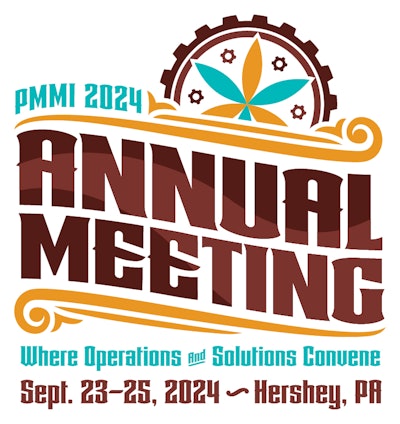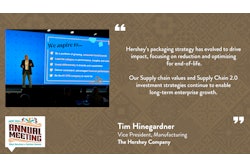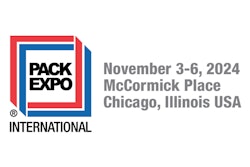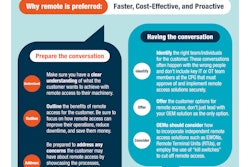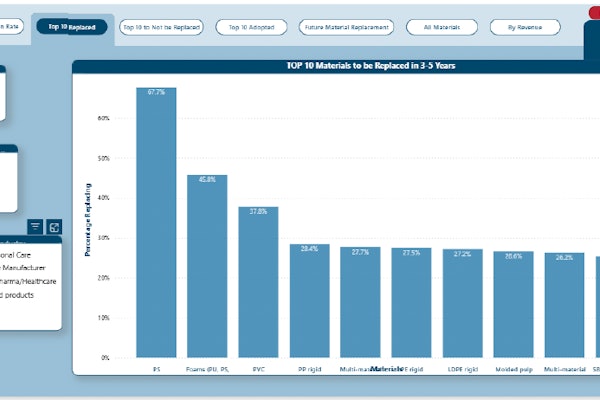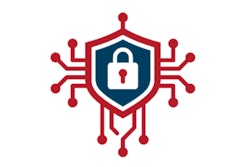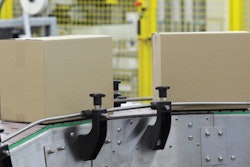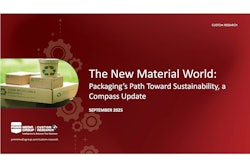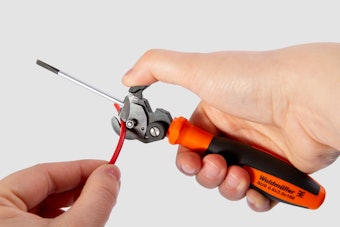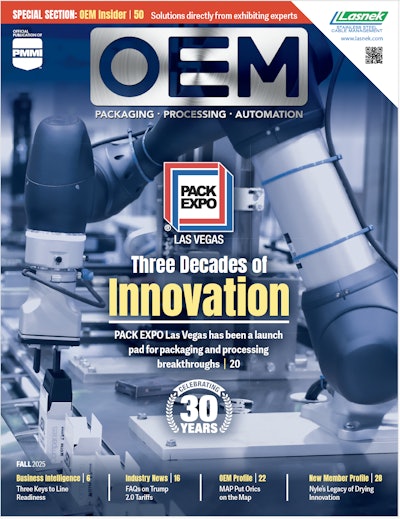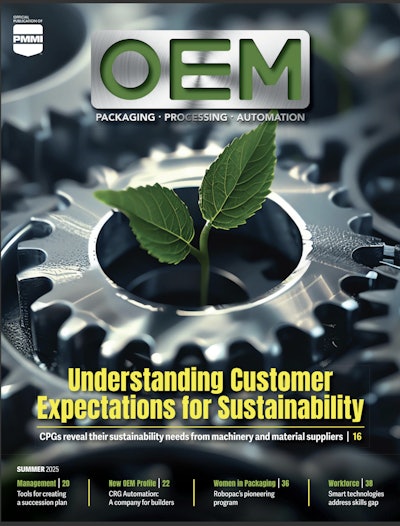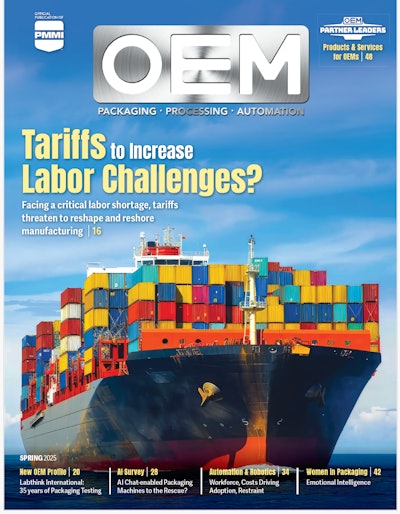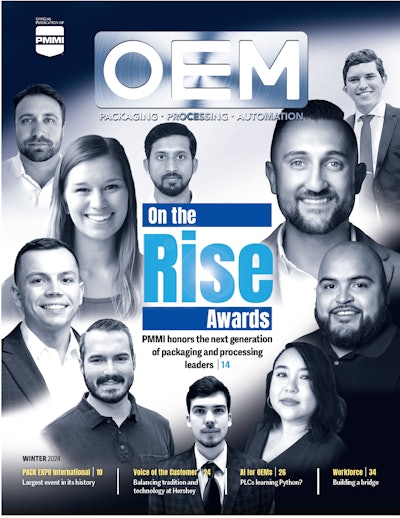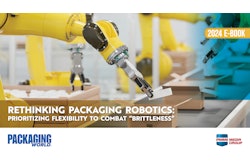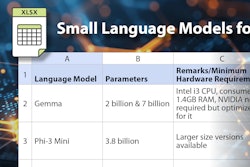From Baby Boomers to Gen Z, each generation brings its own set of values, work ethics, and expectations. Navigating this complex landscape requires a nuanced understanding of the generational differences that shape the modern workplace. At PMMI's 2024 Annual Meeting, "Where Operations and Solutions Convene," Kim Lear, founder and content director of Inlay Insights, provided a roadmap for leaders aiming to harness the strengths of each age group while fostering a cohesive work environment. "If I were born into a different time, how might I see this differently?" she muses, setting the stage for a deeper exploration of generational perspectives.
Baby Boomers, born between 1946 and 1964, entered the workforce during economic prosperity. Their formative years were marked by optimism and a belief in the American Dream. Having witnessed the moon landing and the post-war economic boom, this generation often views hard work and loyalty as cornerstones of professional success. However, they also experienced the scarcity of the 1970s, which instilled a competitive edge and a willingness to go the extra mile.
In contrast, Gen X, born between 1965 and 1979, grew up in a world of skepticism. The Challenger disaster and the rise of 24-hour news cycles shaped their formative years, fostering a sense of distrust in institutions. This generation values independence and direct communication, often preferring to work autonomously. Their entrepreneurial spirit is evident, with 55% of startup founders falling into this category.
Millennials, born between 1980 and 1995, came of age during the dawn of social media and the aftermath of 9/11. These events fostered a collaborative mindset and a desire for meaningful work. Millennials seek purpose in their professional lives, often prioritizing jobs that align with their values. This generation's close relationship with their Baby Boomer parents has also influenced their approach to work, emphasizing the importance of mentorship and personal growth.
Gen Z, born between 1996 and 2010, is the newest cohort to enter the workforce. They are digital natives, having grown up with smartphones and social media. This generation values well-being and work-life balance, often seeking employers who prioritize mental health and flexibility. Gen Z's relationship with their Gen X parents is notably close, with many considering their parents among their best friends. This dynamic influences their career choices, as they often seek their parents' advice when evaluating job offers.
The packaging and processing industry, with its blend of seasoned professionals and fresh talent, must navigate these generational differences to thrive. Leaders can foster a more inclusive environment by understanding each generation's unique needs and motivations. For instance, Baby Boomers may appreciate the stability and recognition of their contributions, while Gen Xers value efficiency and clear communication. Millennials seek opportunities for growth and purpose, whereas Gen Z prioritizes well-being and technological integration.
Bridging generational divides will become increasingly important as the industry evolves. By leveraging the strengths of each generation, manufacturing companies can create a dynamic and resilient workforce. This approach enhances productivity and ensures that valuable knowledge and skills are passed down through the ranks.
The future of manufacturing lies in the hands of a diverse and multigenerational workforce. Embracing this diversity and fostering an environment of mutual respect and understanding will pave the way for continued success. Leaders who recognize and celebrate the unique contributions of each generation will be well-equipped to navigate the challenges and opportunities that lie ahead.
